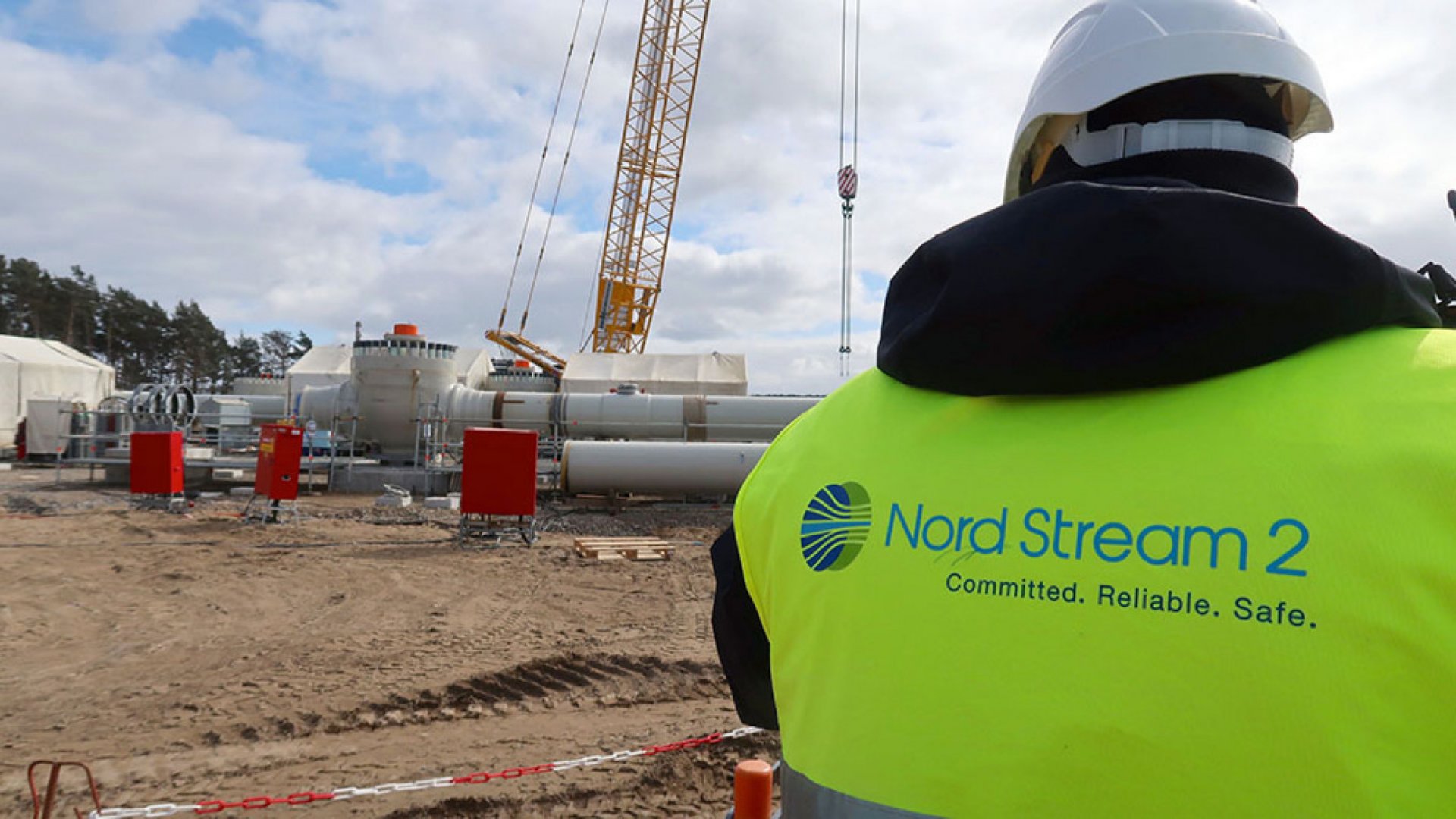
In an era marked by increasing uncertainty and geopolitical competition between major powers, the concept of strategic autonomy has gained prominence within the European Union (EU). It first appeared in EU Council conclusions in 2013 and rose to the forefront in the 2016 Global Strategy. It aims to empower the EU to act autonomously, reducing susceptibility to external coercion, while enabling multilateral cooperation when possible[1]. However, achieving strategic autonomy becomes increasingly difficult for the EU, notably due to its reliance on energy imports, which accounts for almost 60% of its energy[2]. This dependence on fossil fuel supplies, with Russia as the largest contributor, has compelled the EU to prioritise energy security over assertive foreign policy actions, shaping a prevailing trend in EU external relations. Over the past two decades, the EU’s energy import dependency has steadily grown[3], further complicating its pursuit of strategic autonomy.
The disruptive effects of Covid-19 over global value chains and Russia’s war in Ukraine have brought strategic autonomy to the forefront and forced the EU to reconsider its energy dependence. Diversifying supply of fossil fuels in the short term and investing in renewables have emerged as a long-term solution to phase out dependence on Russian fossil fuels[4]. There have been considerable investments on renewables to ensure energy security in the continent[5], which generated around 24% of electricity in the EU and saved around €11bn in gas costs in 2022[6].
Read the Entire Paper
POLICY PAPER
| How Can the EU Address Its Dependence on Chinese Solar Panels? https://t.co/vPjb7Plz8X pic.twitter.com/Xje2PhuAZf
— Vocal Europe (@thevocaleurope) November 8, 2023
__________________________________________
[1] Damen, M. (2022) EU strategic autonomy 2013-2023: From concept to capacity. https://www.europarl.europa.eu/thinktank/en/document/EPRS_BRI(2022)733589
[2] European Environment Agency (2023, July 4). Energy: Key facts. https://www.eea.europa.eu/en/topics/in-depth/energy
[3] Eurostat (2023, May). Energy Statistics – an overview. https://ec.europa.eu/eurostat/statistics-explained/index.php?title=Energy_statistics_-_an_overview#Energy_dependency
[4] General Secretariat of the Council (2022, March 25). European Council meeting (24 and 25 March 2022)
– Conclusions. https://data.consilium.europa.eu/doc/document/ST-1-2022-INIT/en/pdf
[5] Council of the EU (2023, February 7). Climate change: what the EU is doing. https://www.consilium.europa.eu/en/policies/climate-change/#finance
[6] De Pous, P., Patuleia, A., Brown, S. & Rosslowe, C., (2022) EU’s record growth in wind and solar avoids €11bn in gas costs during war. E3G-EMBER. https://ember-climate.org/press-releases/eus-record-growth-in-wind-and-solar-avoids-e11bn-in-gas-costs-during-war/



